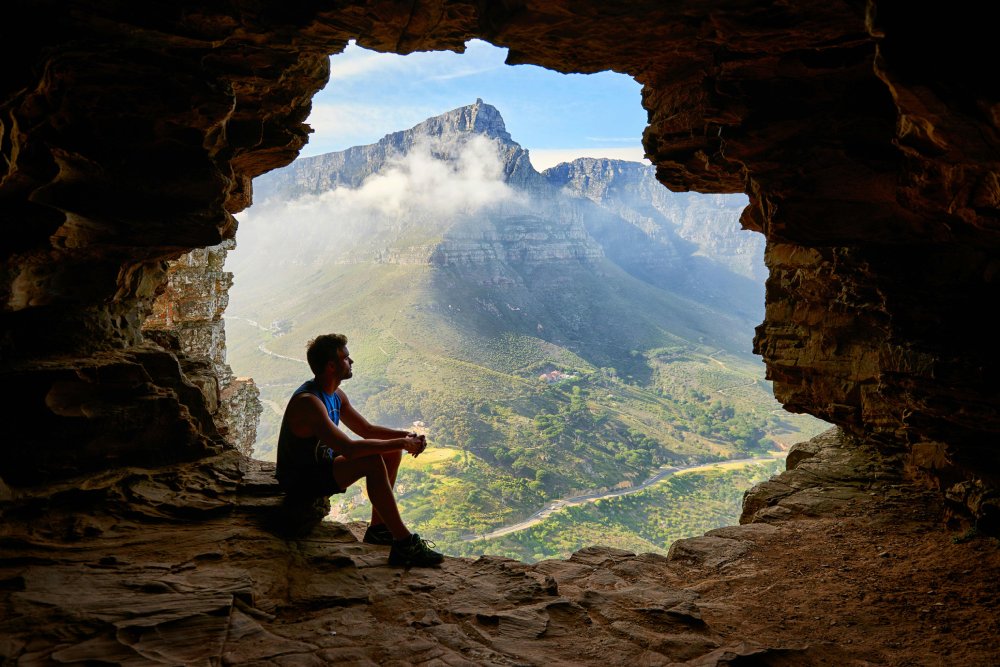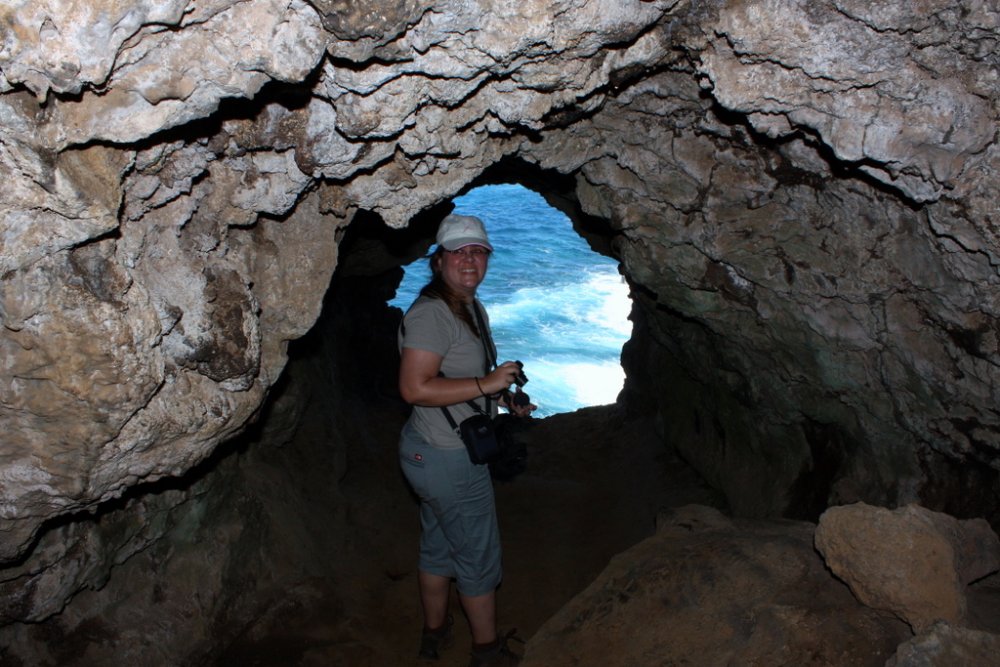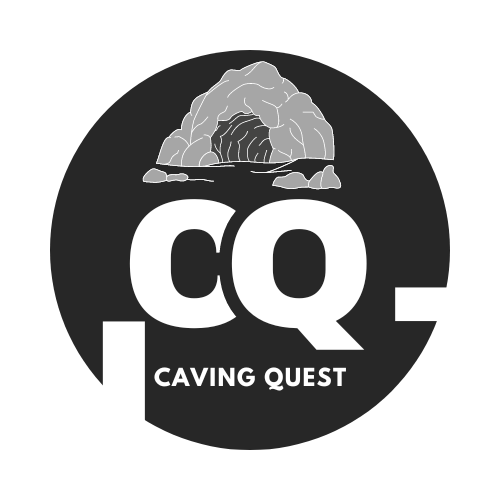Caving alone might sound like an adventure full of excitement and self-discovery, but it carries hidden dangers that are often underestimated. The thrill of exploring unknown caves, relying solely on your skills, can be appealing to many. However, this solo journey into the darkness can quickly turn into a nightmare if something goes wrong.
Many people struggle to strike a balance between their love of exploration and the real risks associated with caving alone. Although they may believe they are well-prepared or that the risks are unfounded, caves can contain hazards that are too great for one person to handle on their own. Being alone in such an environment causes mental stress in addition to physical dangers.
This article will walk you through the true risks of caving alone and why it’s so important to think twice before taking that risk if you love the idea of caving but have thought about doing it alone. Follow along as we investigate the dangers and less risky options so you can enjoy caving without endangering yourself.
The Allure of Solo Caving
Many people consider caving to be more than just a pastime; it’s a means of escaping everyday life and finding tranquility in the wilderness. It may seem like the ultimate test of bravery and ability to go alone. You, the cave, and the excitement of discovery are all that exist. Just pure adventure—no outside distractions, no need to make concessions to others.
However, it’s critical to understand that there are serious risks associated with this allure. Caves differ from forest trails in that they are more intricate, erratic, and frequently harsh. When things don’t go according to plan, the initially appealing feeling of isolation can quickly become a terrifying experience.
The Physical Dangers of Caving Alone
1. Injury with No Help Nearby
The possibility of getting hurt is one of the main risks of cave diving alone. Caves can be dangerous places with uneven floors, loose rocks, and cramped quarters that make it easy to trip and fall sprain, or even break a bone. When you’re by yourself, you have no one to call for assistance, so even a small wound could become fatal if you can’t escape the cave by yourself.
2. Getting Lost
Natural labyrinths resemble caves. It’s terrifyingly easy to get lost without a companion to guide you or even just to remind you where you’ve been. If you’ve taken a wrong turn, it can be challenging to find your way back due to the darkness and confusing layout of cave systems. Realizing you’re lost can cause panic, which can impair judgment and make it more difficult to escape.
3. Equipment Failure
Equipment malfunctions can occur even with the best preparation. Your helmet to break, ropes to break, or your flashlight can die. You don’t have a backup plan or the safety net of someone else’s equipment when you cave alone. You might find yourself in a hazardous situation with no way out safely if something important goes wrong.

The Mental and Emotional Toll
Caving alone has an impact on your mind in addition to your body. In a silent, dark cave, the sense of isolation can be debilitating. Anxiety can be greatly heightened by the lack of natural light, the eerie silence, and the sense of total aloneness. Panic can result from this emotional strain, and in a situation where calm judgment and clear thinking are essential, panic can be dangerous.
Why People Still Choose to Cave Alone
Some people still decide to cave alone despite these risks. This choice is frequently motivated by a need for independence, solitude, or just the excitement of the task. Some people may think that giving in to peer pressure slows them down or detracts from the experience. It’s important to balance these desires with the very real risks involved, though.
Dangers of Caving Alone: Real Stories
It may sound abstract to hear about the risks associated with cave soloing, but real-life accounts of lone cavers who encountered dangerous circumstances make this danger real. Because they chose to go it alone, many seasoned cavers have encountered severe injuries, protracted entrapment, or even life-threatening circumstances. These accounts serve as a sobering reminder that cave diving alone can be dangerous no matter how experienced you are.
A Safer Approach to Caving
1. Always Go with a Group
The best way to stay safe while caving is to never go alone. Having others with you means that if something goes wrong, there’s help nearby. A group can work together to navigate tricky passages, share equipment, and provide immediate assistance in case of injury.
2. Inform Others of Your Plan
Even if you’re determined to explore alone, make sure you inform someone about your plans. Tell them exactly where you’ll be and when you expect to return. This way, if something goes wrong, someone will know to send help.
3. Carry Extra Equipment
Always carry extra batteries for your flashlight, a first aid kit, and other essential gear. In case of equipment failure, having backups can make a significant difference.
4. Know Your Limits
Understand your physical and mental limits. Don’t push yourself too hard or go beyond your skill level. Caving is not about proving something to others; it’s about enjoying the experience safely.

Read more on best practices for solo caving.
What are the dangers of caving alone?
Caving alone exposes you to significant risks like injury, getting lost, equipment failure, and mental stress. Without anyone to assist or call for help, even minor issues can become life-threatening.
Can you prepare adequately for caving alone?
While you can prepare thoroughly, the unpredictable nature of caves means you can never be fully prepared for every situation. The best preparation is to have companions who can assist you if things go wrong.
What should you do if you get lost while caving alone?
If you get lost while caving alone, stay calm. Try to retrace your steps slowly and methodically. If possible, mark your path as you move. Use any resources you have to signal for help if you can’t find your way out.
Why do people choose to cave alone despite the dangers?
Some people cave alone for the solitude, challenge, or because they believe it enhances the experience. However, it’s important to remember that the risks far outweigh these benefits.
How can you enjoy caving without risking your safety?
The safest way to enjoy caving is to go with a group, inform others of your plans, carry extra gear, and know your limits. These steps help minimize risks and ensure a safer, more enjoyable experience.
Conclusion
The dangers of caving alone are significant and should not be taken lightly. While the idea of a solo adventure might be tempting, the risks far outweigh the rewards. Injury, getting lost, equipment failure, and the mental toll of isolation are all serious dangers that can turn a thrilling adventure into a disaster. It’s essential to prioritize safety and consider caving with others, so you can enjoy the experience without putting your life on the line.
Read about hypothermia while caving.
